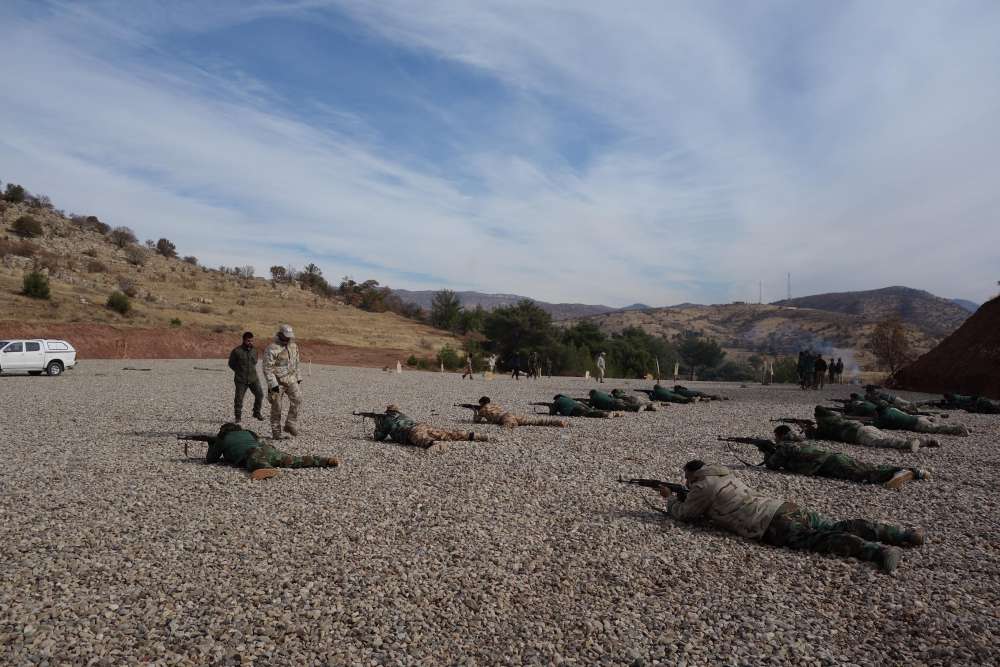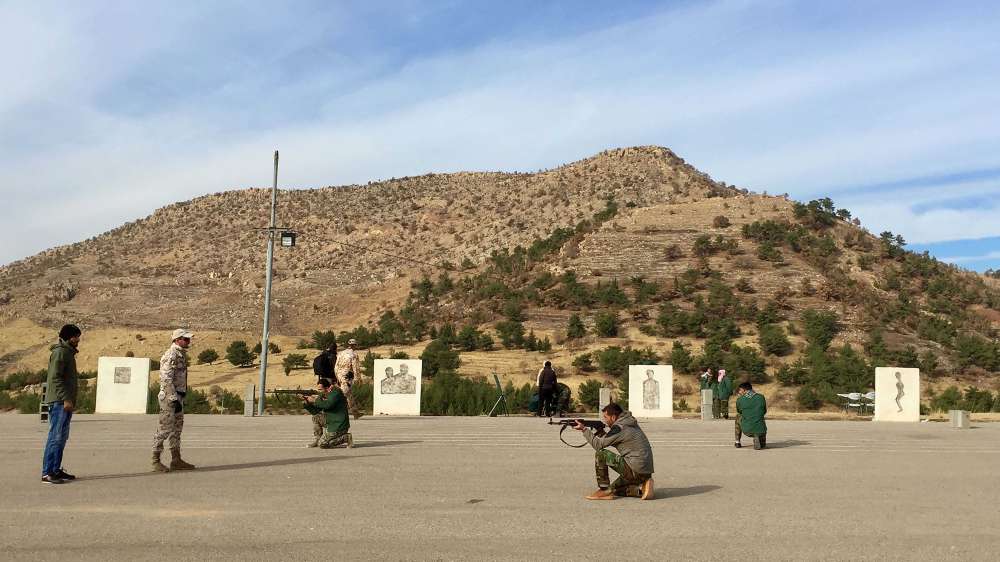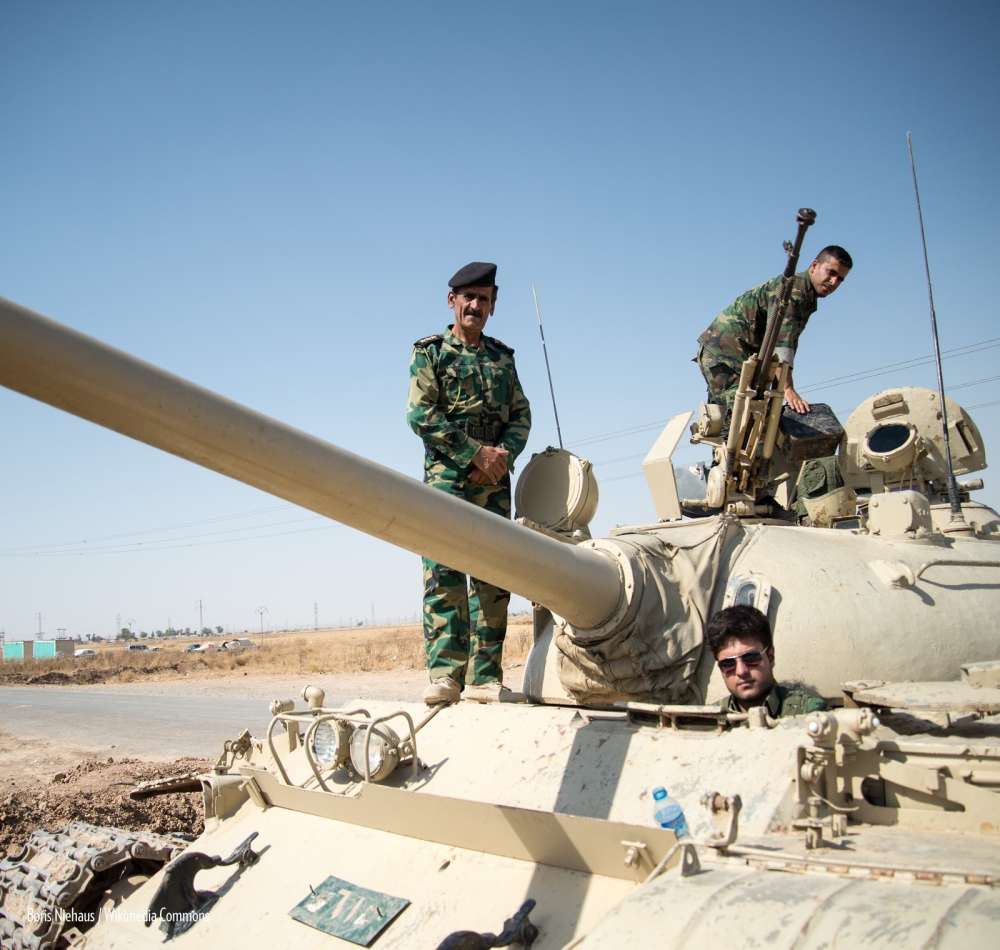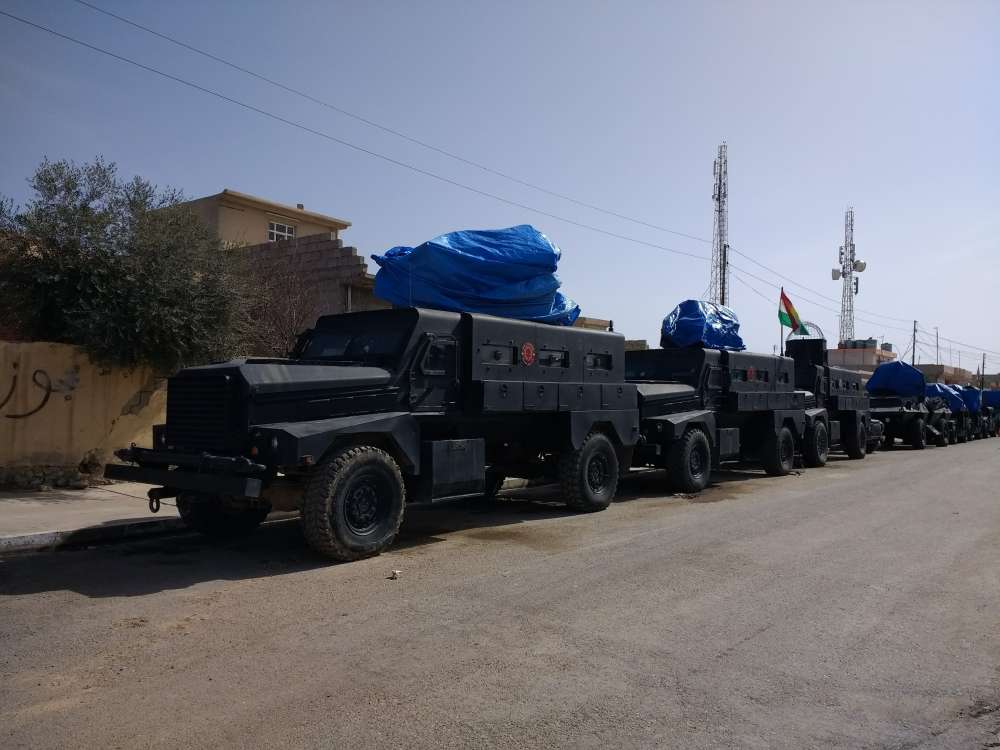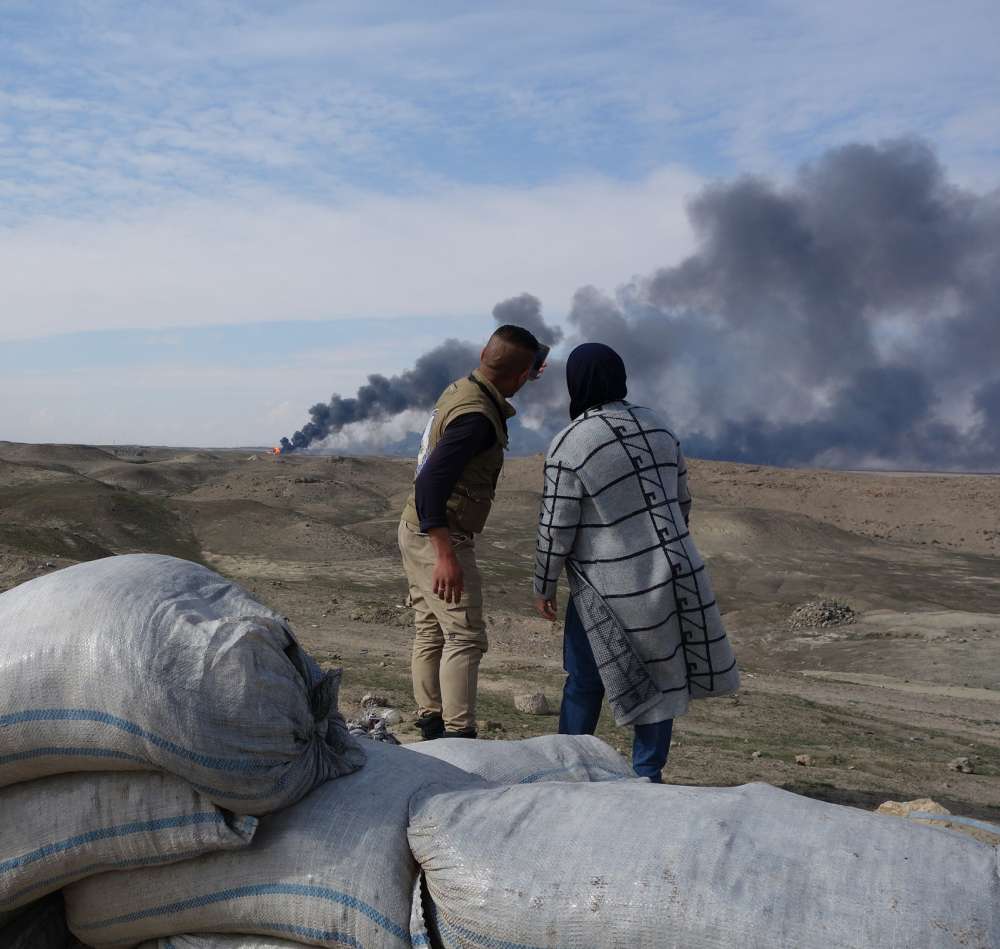Literature Review of Local, Regional or Sub-State Defense Forces in Iraq
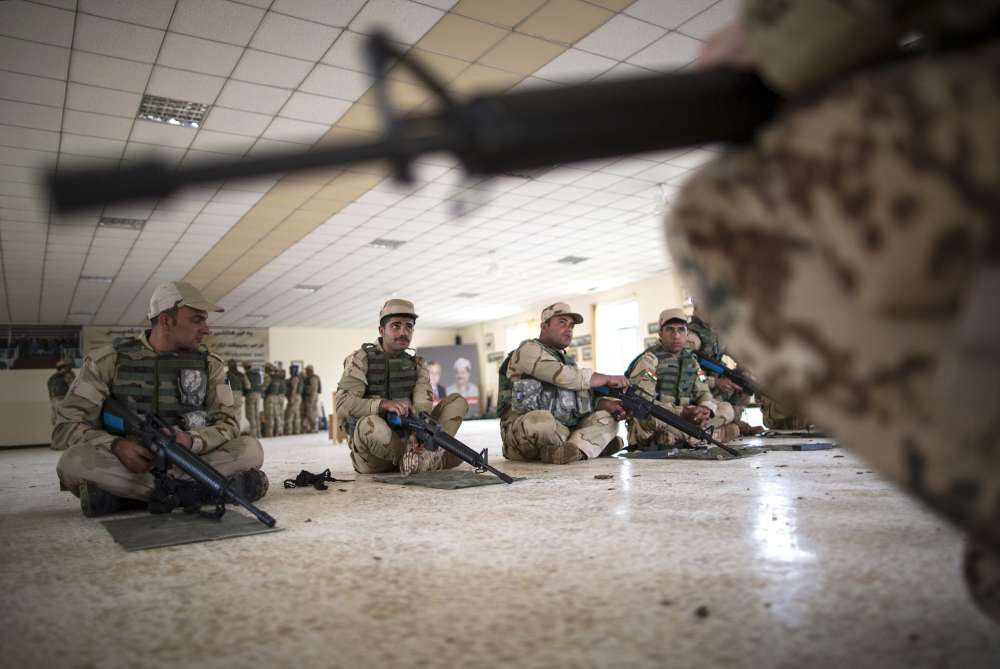
This literature review is part of a larger study on local, hybrid, and sub-state security forces in Iraq (LHSFs). Please see the main page for more further reports and research summaries about individual field research sites.
Regional or community forces, militias, and other forms of local security actors have long existed in Iraq, supported either by local political actors or parties, regional actors or non-state groups. However, in the last two years, these local and hybrid security forces have proliferated. Peshmerga forces, the militia groups working under the Popular Mobilization Forces, and a range of tribal, minority and other local community forces could be quickly mobilized to counter the threat posed by ISIL and fill gaps in the Iraqi Security Forces. How have these groups impacted community and political dynamics, prospects for stabilization in liberated areas, and other rule of law, governance, and rights concerns? What will be the future position of these groups after the immediate crisis is resolved, and how will the greater reliance on these quasi- or non-state actors impact the long-term prospects for the Iraqi state?
GPPi, the Afghanistan Analysts Network, and the Institute for Regional and International Studies (IRIS) at the American University of Iraq in Sulaimani are engaged in a three-year research and knowledge sharing project exploring the impact of sub-state or other hybrid security forces in Afghanistan, Iraq, and, in a more limited vein Syria. This background note briefly summarizes some of the existing literature on the impact of these groups in Iraq according to four key subject areas: security effectiveness; long-term impact and concerns for statebuilding; human rights and protection concerns; and community dynamics, rule of law and local governance. This working draft will be updated over the course of the project with additional sources and information.
…
